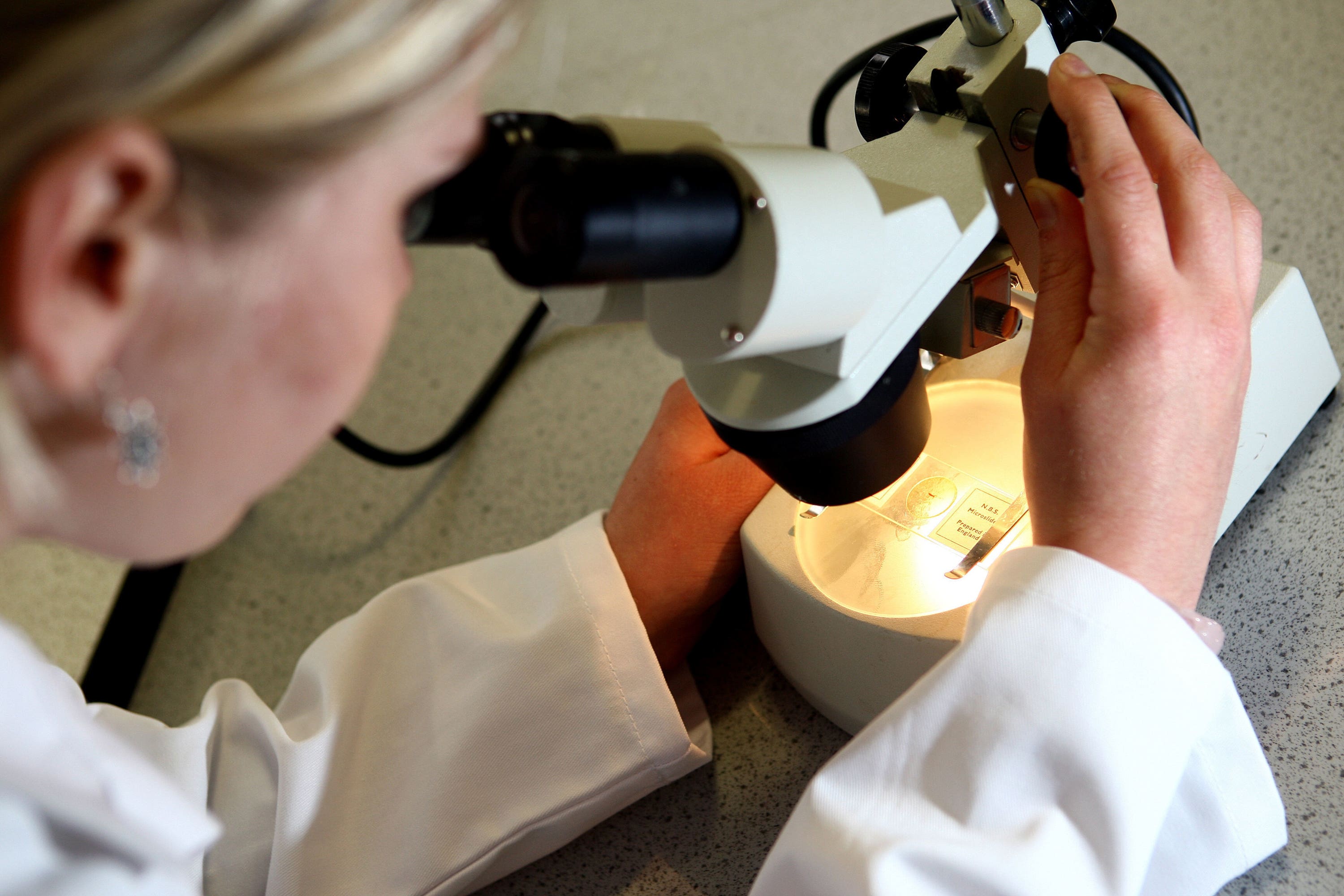Digital tools to use climate data to better predict infectious disease outbreaks
The £22.7 million funding will allow these projects to analyse where and when deadly disease outbreaks are likely to occur.

Your support helps us to tell the story
From reproductive rights to climate change to Big Tech, The Independent is on the ground when the story is developing. Whether it's investigating the financials of Elon Musk's pro-Trump PAC or producing our latest documentary, 'The A Word', which shines a light on the American women fighting for reproductive rights, we know how important it is to parse out the facts from the messaging.
At such a critical moment in US history, we need reporters on the ground. Your donation allows us to keep sending journalists to speak to both sides of the story.
The Independent is trusted by Americans across the entire political spectrum. And unlike many other quality news outlets, we choose not to lock Americans out of our reporting and analysis with paywalls. We believe quality journalism should be available to everyone, paid for by those who can afford it.
Your support makes all the difference.New digital tools will use climate data to better predict and prepare for infectious diseases outbreaks.
Wellcome is supporting global research to address these urgent health threats, with funding for 24 research teams in 12 countries around the world.
Researchers will develop digital tools to model the relationship between climate change and infectious disease.
The £22.7 million funding will allow these projects to analyse where and when deadly disease outbreaks are likely to occur, helping policy-makers to plan ahead.
In order to accurately and effectively predict and protect against infectious diseases, climate and infectious disease data must be combined
It will also allow them to prepare healthcare systems and respond rapidly with targeted and efficient public health measures, saving more lives.
Felipe Colon, technology lead at Wellcome, a charitable foundation focused on health research, said: “The connection between climate change and the spread of infectious disease is often overlooked, or not made at all.
“This has resulted in a critical shortage of tools that model the relationship between climate change and disease outbreaks, and those that do exist are often complex and not accessible for local health officials and policy-makers.
“Without these, decision-makers are in danger of finding themselves unprepared, leaving communities unprotected in the face of increasing disease outbreaks, risking the lives of millions.”
Professor Rachel Lowe, from the Barcelona Supercomputing Centre, and lead researcher on the IDExtremes project, said: “Infectious disease prediction doesn’t currently take into account the sizeable impact of climate change and climate variability on their transmission risk.
“In order to accurately and effectively predict and protect against infectious diseases, climate and infectious disease data must be combined.”
She added: “Users will be able to input both observed and forecast climate data, such as drought and flood indicators, and measure their interaction with the urban landscape and socio-economic conditions.
“We will ensure these tools are easy to use and sustainable, even in low-resource or limited IT capacity settings for local agencies, and can be integrated into existing platforms.”
While the projects will be focused in specific geographic areas, the findings of these systems and tools should be transferable across the world.
A number of the projects will be carried out by UK institutions including the University of Warwick which will work on a software looking at the impact of climate variability on infectious disease epidemic risks.
The University of Liverpool will work on CLIMSEDIS, the Climate Sensitive Disease forecasting tool, Liverpool School of Tropical Medicine will work on HydroVec, a digital surveillance platform for areas under threat of extreme hydro-meteorological events.
Meanwhile the University of Oxford will work on an integrated digital system for dengue outbreak prediction and monitoring.
Researchers at the University of Leicester will develop an online app which draws upon health and environmental data to make predictions of zoonotic and vector-borne diseases in policy-relevant ways.
Plymouth Marine Laboratory (DART) will lead a project looking at water-associated infectious diseases in India.